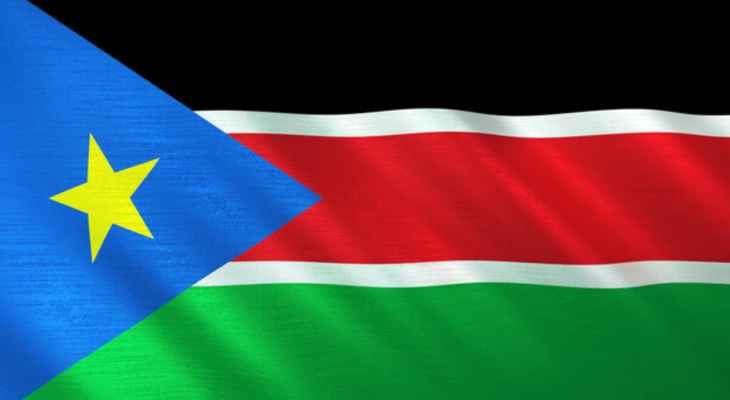The head of the United Nations Mission in South Sudan (UNMISS), Nicholas Haysom, said that “my biggest concern is that the transition period is rapidly coming to an end, but progress in the implementation of the peace agreement is still slow.”
During a press conference in Juba, he explained that “the margin for the implementation of core standards has begun to narrow and there are only eight months left” of the transition period, urging the warring leaders to make the necessary “concessions”. He urged them to “redouble their efforts and align a roadmap with clear criteria, timelines and priorities.”
The two-year transition period provided for in the peace agreement ends in February 2023, with elections due sixty days before that date. However, several provisions of the agreement remain to be implemented, including the development of a permanent constitution and an electoral law.
Since gaining independence from Sudan in July 2011, South Sudan, a landlocked country with large oil reserves, has witnessed violence and an economic crisis as a result of accelerating inflation. According to the United Nations, nearly nine million of a population of approximately 11 million will need international assistance this year due to a severe food crisis and renewed violence.
Source: El Nashra
